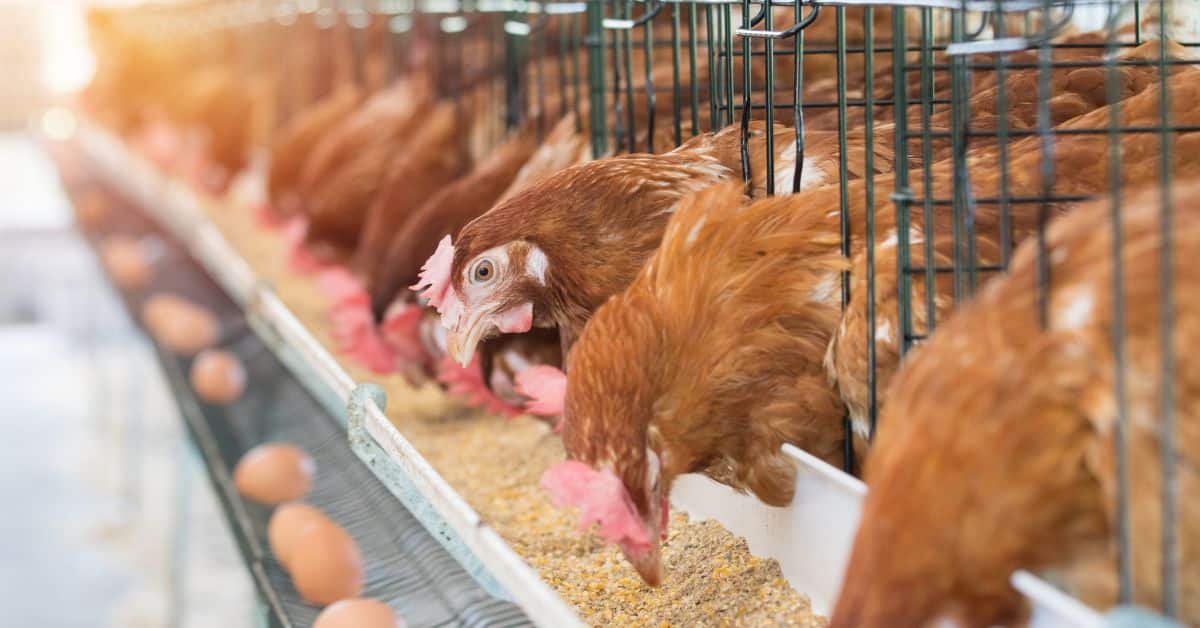

It was June 1982. At a news conference in Washington, DC, a group of internationally recognized scientists had just finished announcing the National Research Council’s report on diet, nutrition, and cancer.[1] The report received extensive news coverage, criticism from the industry most affected by the report’s conclusion, and according to some authorities, the highest number of requests for a report ever released by the august National Academy of Sciences (NAS), our sponsor.
Why the attention? Spending about two years, six three-day meetings, a million dollars, and a rather substantial amount of time reviewing what turned out to be a rather large amount of information, we had simply summarized the scientific evidence on the association of diet with cancer. The intense interest that followed was due to our rather provocative recommendations to cut down fat intake and increase the consumption of fruits, vegetables, and whole grain cereal-based products.
Today, seventeen years later, these dietary recommendations for reducing cancer risk—virtually identical to those for cardiovascular disease—sound very familiar. At that time, however, they seemed to be a hefty message for many, for they indicated a fairly major change in dietary practices—away from the esteemed meat- and dairy-focused American eating patterns toward a more plant-based eating style. The recommendations in the report had enormous economic implications, suggested major public policy changes, and challenged some deeply held philosophical and cultural beliefs.
In this climate, during the early 1980s, the very influential Nurses’ Health Study at Harvard University was adopted to investigate the recommendations of this and similar reports.[2]
Although the Nurses’ Health Study has yielded a variety of highly publicized diet and disease reports, its best-known objective was to determine whether lower fat intake was associated with a lower incidence of breast cancer. Among all the cancers, breast cancer had received the most attention before the NAS report. A comparison of fat intake with breast cancer for a couple of dozen countries around the world had shown that the higher the fat intake, the higher the breast cancer incidence; a similar association of fat with cancer of the large bowel also existed.[3][4]
While the Nurses’ Health Study is to be admired for its quality of execution and its productivity, its effect on public understanding of the diet and disease field is somewhat unfortunate. Perhaps surprising to many, this study shows no relationship between fat intake and breast cancer incidence in the group of women studied. This observation has given some respectability to the arguments posed by some who were never convinced in the first place that diet is connected to cancer. Perhaps worse yet, it has caused considerable confusion and diminished the importance of diet in disease prevention for the public.
The main message of this editorial is that although the evidence on the dietary fat-breast cancer association observed in this study is convincing, its interpretation is not.
The problem, I believe, is the focus on a single macronutrient, fat, instead of attention to the whole diet. It turns out that when Americans reduce the fat in their diets, they tend to choose low-fat versions of the same foods, such as lean meats instead of fatty ones or low-fat mayonnaise and ice cream instead of the fattier original versions. When they reduce fat this way, as was shown in a separate investigation of American women, the proportion of calories from animal protein-containing foods increases.[5][6]
According to very impressive evidence from other studies, diets rich in animal protein will, if anything, increase breast cancer risk for a variety of empirical and theoretical reasons. If such an increase in animal protein occurred in the Nurses’ Health Study—unfortunately, the data aren’t available to confirm this—a lack of association between dietary fat and breast cancer is exactly the result that should have been expected.
In hindsight, it seems our 1982 expert panel may have made a mistake in specifically recommending Americans to reduce the then-average fat intake of 38 percent of calories down to 30 percent. This recommendation on a specific nutrient group was subsequently poorly explained and badly abused. It was too focused on the fat itself. At that time, we did say that manipulating intakes of single nutrients instead of whole foods to prevent cancer made little or no sense (eliminating a modest amount of fat made no more sense than adding a few nutrient supplements), but somehow, this less easily applied message got hidden along the way.
By including a specific recommendation on dietary fat, our report left the door cracked open for the lay public, commercial entrepreneurs, and the professional biomedical communities to believe that single-nutrient interventions might be useful in preventing cancer. The nutrient supplement industry exploded, the scientific research industry spent millions trying to figure out which nutrient supplements might work, and consumers were advised to singularly cut down on fat intake as if this made good nutrition sense. Words focused on single-nutrient interventions became commonplace, including “chemoprevention,” “phytochemicals,” and “phytoestrogens.”
A more effective strategy for lowering dietary fat and preventing cancer would be to move away from animal fat- and animal protein-containing foods and enrich the diet with fresh fruit, vegetables, whole grains, legumes, and other foods of plant origin. This would simultaneously achieve the recommendations outlined in the report and alter the composition of the entire diet.
In an attempt to have my view considered, I recently sent a letter to the editor of the Journal of the American Medical Association (JAMA) in response to one of the more recent publications from the Nurses’ Health Study. Although I have published a few hundred other scientific publications, probably most of which were of less significance, my letter to JAMA was rejected. Astonished by this decision, I published it here on this website. It has become abundantly clear that compelling evidence favoring the consumption of foods of plant origin (and I don’t mean individual nutrients) will often get ignored because its publication is either denied or limited to rarely read medical and scientific journals.
I have never minded or avoided the scientific debate; indeed, I enjoy it. So, as a result, I have invited the investigators of the Nurses’ Health Study (I know its senior investigators quite well) to comment on my letter so that readers can evaluate the link between breast cancer and diet for themselves. I hope the investigators will respond so that we can publish their responses. In the meantime, please share your own thoughts.
References
- National Research Council & Committee on Diet, Nutrition and Cancer (1982) Diet, Nutrition and Cancer, pp. 478, National Academy Press, Washington, DC.
- Willett, W. C., Stampfer, M. J., Colditz, G. A., Rosner, B. A., Hennekens, C. H. & Speizer, F. E. (1987) Dietary fat and the risk of breast cancer. New Engl. J. Med. 316:22-28.
- Carroll, K. K. (1975) Experimental evidence of dietary factors and hormone-dependent cancers. Cancer Res. 35:3374-3383.
- Wynder, E. L. & Shigematsu, T. (1967) Environmental factors of cancer of the colon and rectum. Cancer 20:1520-1561.
- Henderson, M. M., Kushi, L. H., Thompson, D. J., Gorbach, S. L., Clifford, C. K., Insull, W., Jr., Moskowitz, M. & Thompson, R. S. (1990) Feasibility of a randomized trial of a low-fat diet for the prevention of breast cancer: dietary compliance in the Women’s Health Trial Vanguard Study. Prev. Med. 19:115-133.
- White, E., Shattuck, A. L., Kristal, A.R., Urban, N., Prentice, R. L.,Henderson, M. M., Insull, W., Jr., Moskowitz, M., Goldman, S. & Woods, M. N. (1992) Maintenance of a low-fat diet: follow-up of the Women’s Health Trial. Cancer Epi. Biom. Prev. 1:315-323.
Copyright 2024 Center for Nutrition Studies. All rights reserved.
Earn Your Plant-Based Nutrition Certificate
Join over 20,000 students who have improved their health, learned new skills, and even inspired career changes.
Program Overview
- 23,000+ students
- 100% online, learn at your own pace
- No prerequisites
- Continuing education credits












